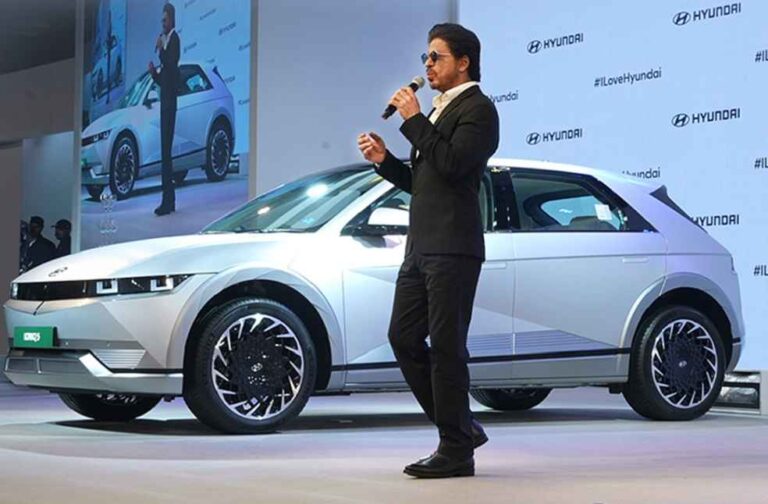New Delhi (India): Hyundai Motor India Limited (HMIL), the Indian subsidiary of South Korean auto giant Hyundai Motor Co., has filed draft papers with the Securities and Exchange Board of India (SEBI) to raise approximately $3 billion through an initial public offering (IPO). The targeted valuation for this IPO is between $18 billion and $20 billion.
If successful, this IPO will be India’s largest ever, surpassing the previous record of $2.7 billion set by the Life Insurance Corporation (LIC) in 2022. The IPO will be a pure offer for sale (OFS) by the promoter, involving up to 142,194,700 equity shares with a face value of $1.20 each.
The company has not provided a timeline for the listing, but typically SEBI takes three to six months to approve IPOs. With this IPO, Hyundai aims to unlock value for its Indian arm and potentially reduce its valuation discount compared to global and Asian peers.

According to the draft red herring prospectus (DRHP), the primary objectives are to conduct the OFS and list the equity shares on the stock exchanges to enhance visibility, brand image, and liquidity. HMIL might also consider a pre-IPO round depending on market conditions and investor interest.
The IPO is being managed by Citi, HSBC Securities, JP Morgan, Kotak Mahindra Capital, and Morgan Stanley, with Shardul Amarchand Mangaldas as the company counsel and Latham and Watkins as the international counsel.
In terms of market presence, Hyundai Motor India was the second-largest carmaker in India for FY24, trailing only Maruti Suzuki. The company reported revenues of $7.2 billion and profits of $560 million for FY23, making it the highest among non-listed car manufacturers in the country. In 2023, Hyundai’s Indian market accounted for around 13% of the company’s global sales, with popular models like the i20, Verna, Creta, Aura, and Tucson contributing significantly.

The IPO’s valuation aims to position Hyundai Motor India on a stronger footing compared to its competitors, such as Maruti Suzuki and Tata Motors. The listing is expected to facilitate future fundraising and reduce dependence on the Korean parent company. Hyundai plans to focus on selling premium models, expanding its electric vehicle market share, and increasing exports.
Passenger vehicle makers in India, including Maruti Suzuki, Tata Motors, and Mahindra & Mahindra, have seen strong valuations due to high demand for premium models. Hyundai’s move to go public comes as it seeks to leverage this trend and solidify its position in the Indian automotive market.
MOST READ | EV Battery Life and Longevity: Unveiling the Truth Behind the Myths





